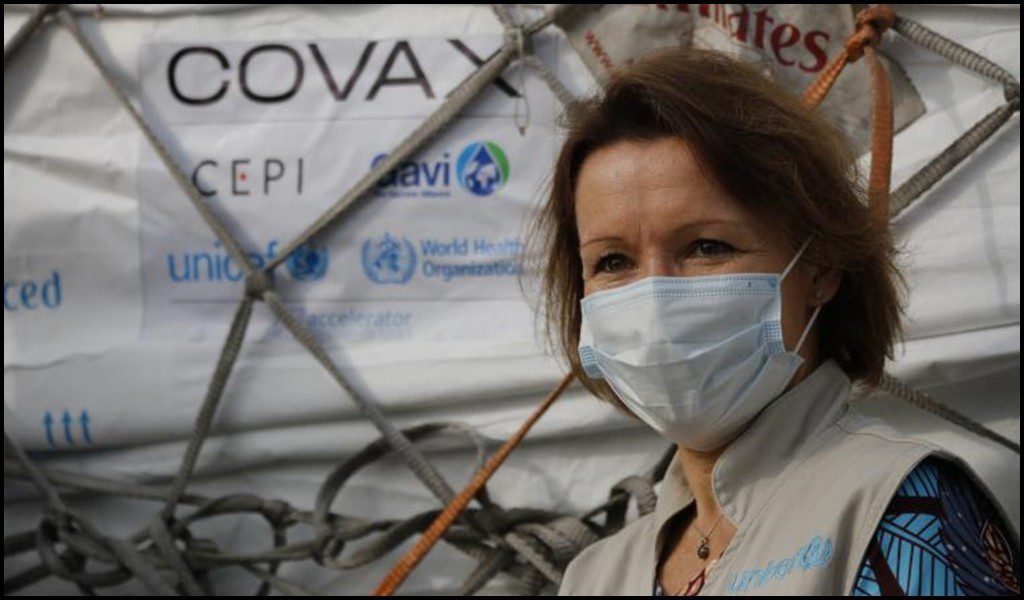 After a year of disruptions due to the COVID-19 pandemic, with more than 80,700 Ghanaians getting infected with the virus and over 580 lost lives, the path to recovery for the people of Ghana can finally begin.
After a year of disruptions due to the COVID-19 pandemic, with more than 80,700 Ghanaians getting infected with the virus and over 580 lost lives, the path to recovery for the people of Ghana can finally begin.
This is a momentous occasion, as the arrival of the COVID-19 vaccines into Ghana is critical in bringing the pandemic to an end. The only way out of this crisis is to ensure that vaccinations are available for all.
These 600,000 COVAX vaccines are part of an initial tranche of deliveries of the AstraZeneca / Oxford vaccine licensed to the Serum Institute of India, which represents part of the first wave of COVID vaccines headed to several low and middle-income countries.
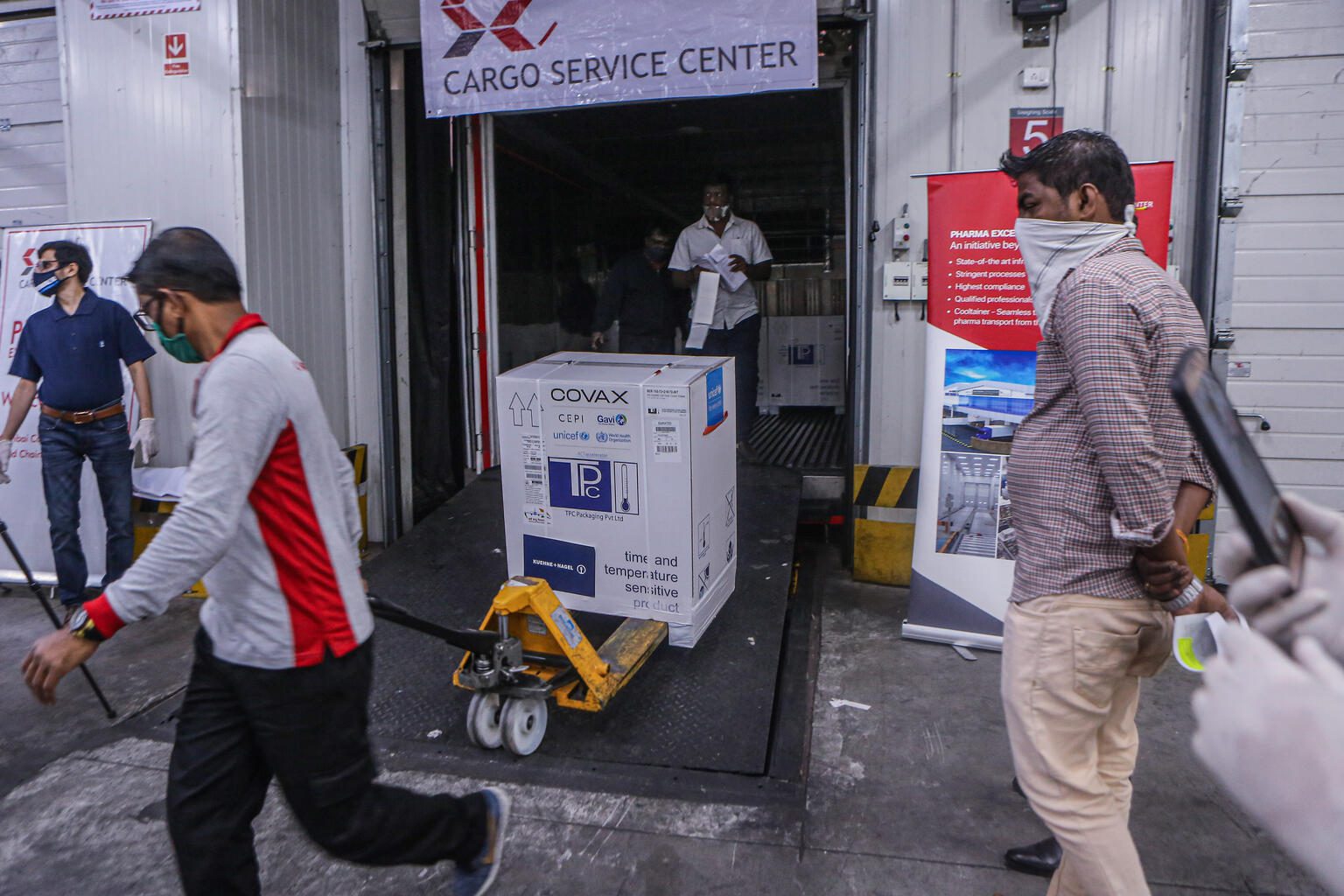
The shipments also represent the beginning of what should be the largest vaccine procurement and supply operation in history. The COVAX Facility plans to deliver close to 2 billion doses of COVID-19 vaccines this year. This is an unprecedented global effort to make sure all citizens have access to vaccines.
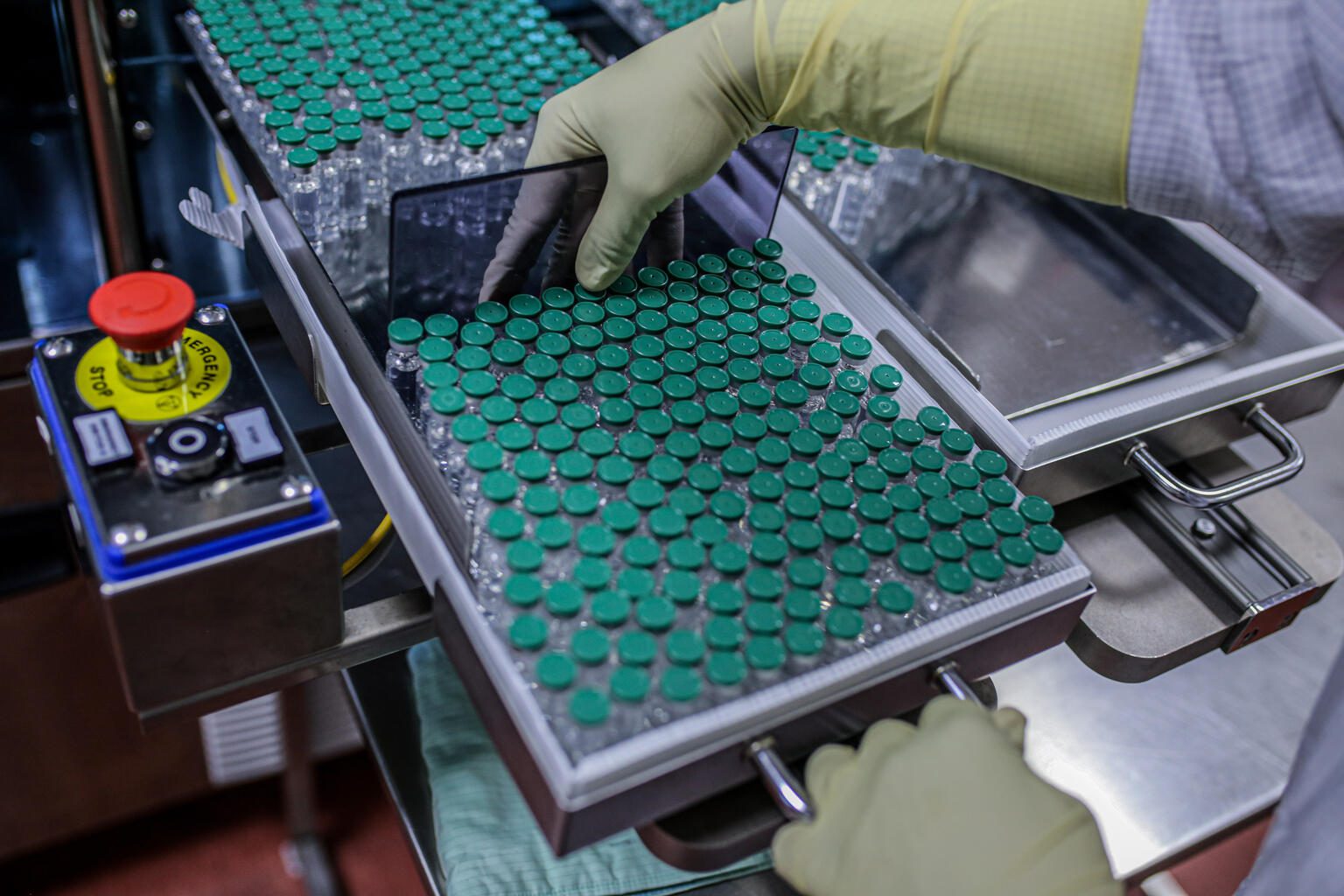
Ghana which has a population of over 30m has become the first country to receive the COVID-19 vaccines from the COVAX Facility. The West African country was chosen as the first recipient of the free vaccines after promising quick distribution and meeting the criteria set by Covax. Further deliveries are expected to neighbouring Ivory Coast later this week, the Covax alliance says.
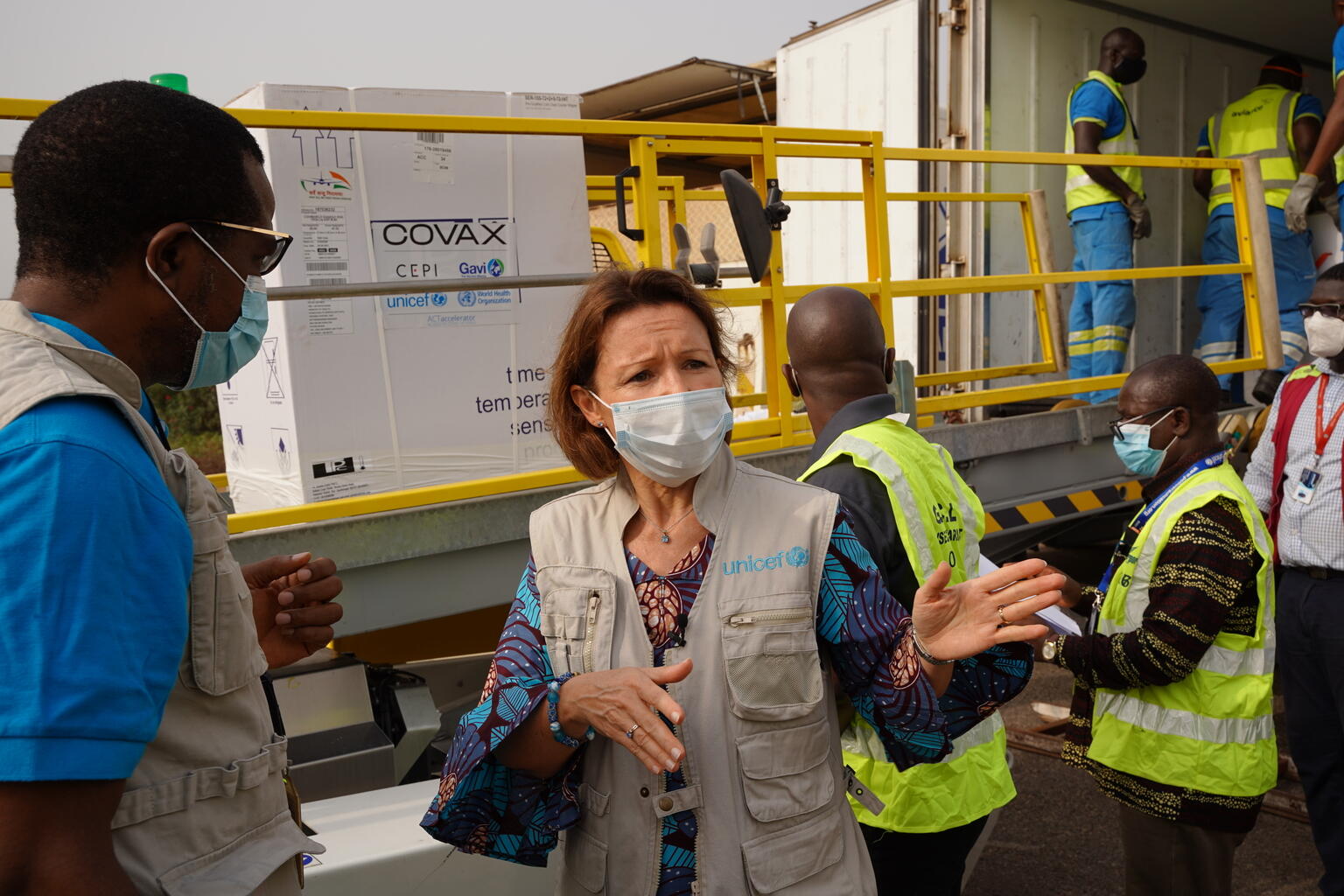
The vaccines delivered to Accra were produced by the Serum Institute of India and developed by AstraZeneca and Oxford University. The vaccine has been approved by the World Health Organization (WHO) and its roll-out in Ghana is not part of a trial.
The doses being sent to lower-income countries such as Ghana are funded by donations. The Government of Ghana – especially the Ministry of Health, Ghana Health Service, and Ministry of Information – played a relentless role in this delivery to protect the population.
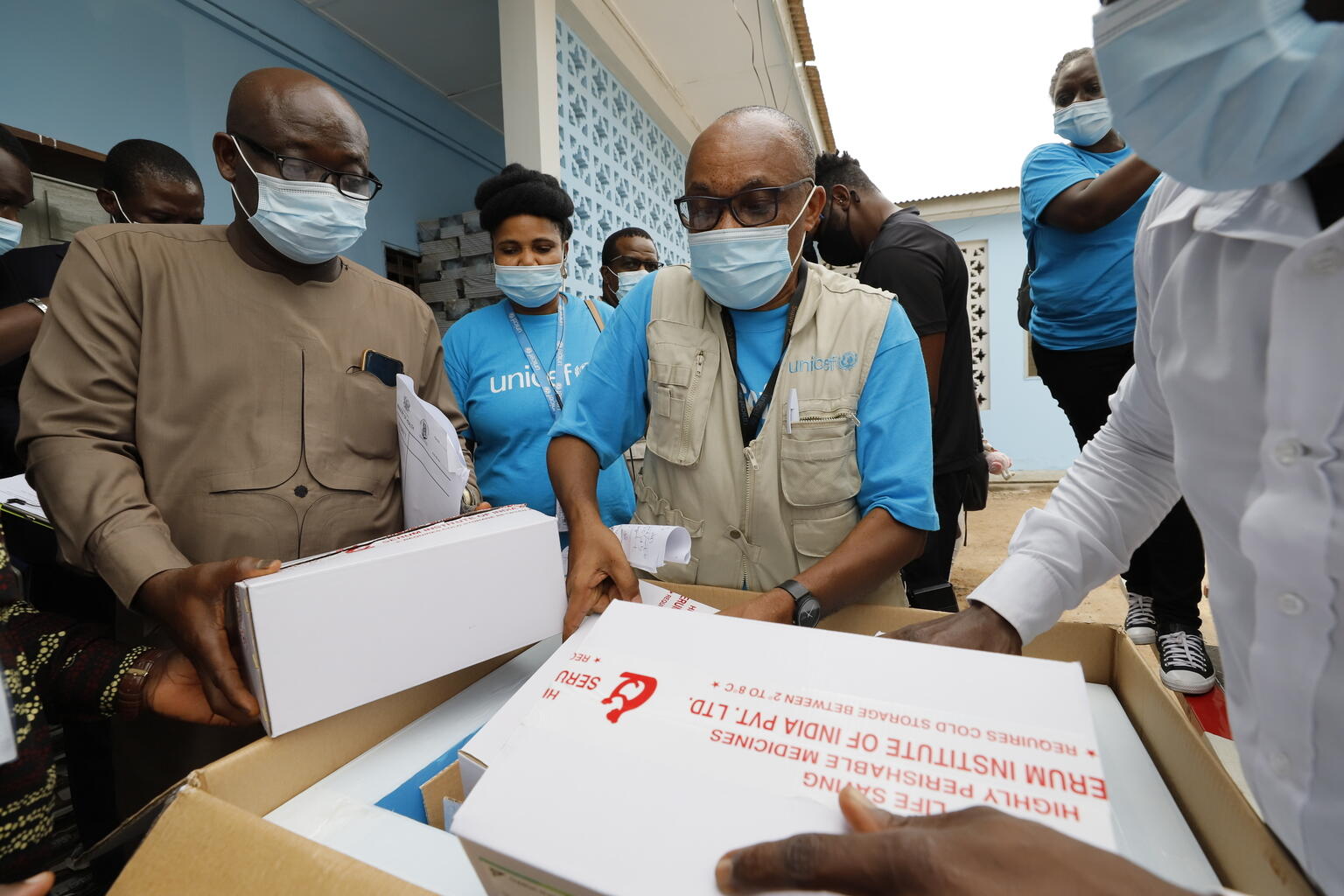
As part of the UN Country Team in Ghana, UNICEF and WHO reiterate their commitment to support the vaccination campaign and contain the spread of the virus, in close cooperation with all partners, including Gavi and the Coalition for Epidemic Preparedness Innovations (CEPI).
Covax partners also are supporting local authorities in areas such as training people to administer the jabs and helping provide an adequate cold-chain storage and delivery system.
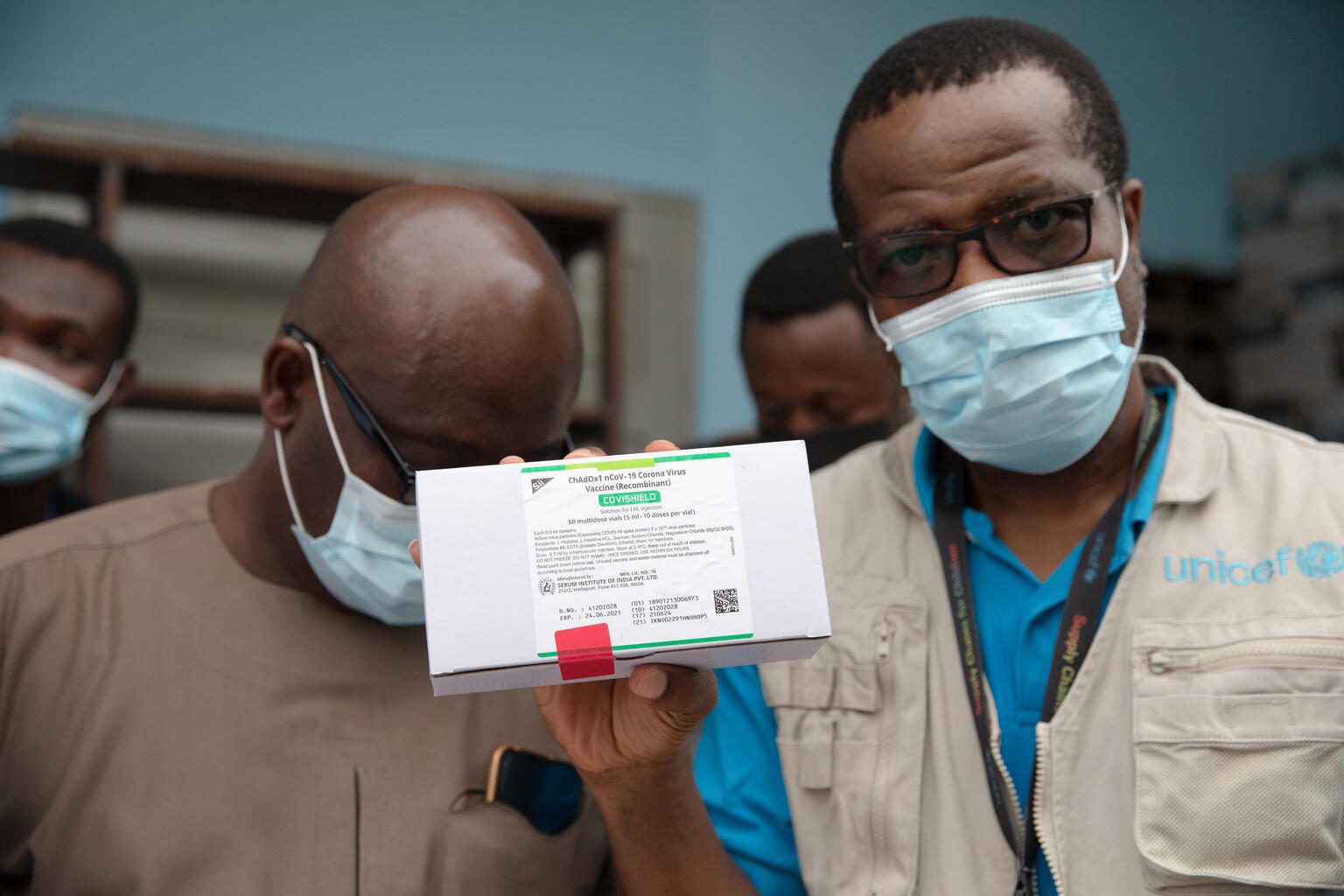
Vaccines save lives. As health workers and other front-line staff are vaccinated, we will be able to gradually see a return to normalcy, including better access to health, education, and protection services. In the spirit of Universal Health Coverage, let’s leave no one behind.


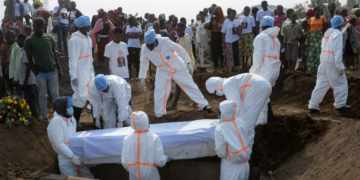
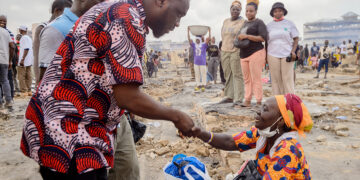


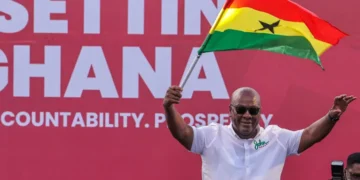







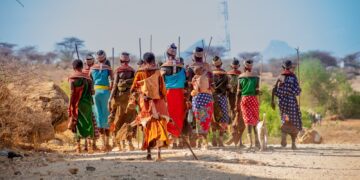
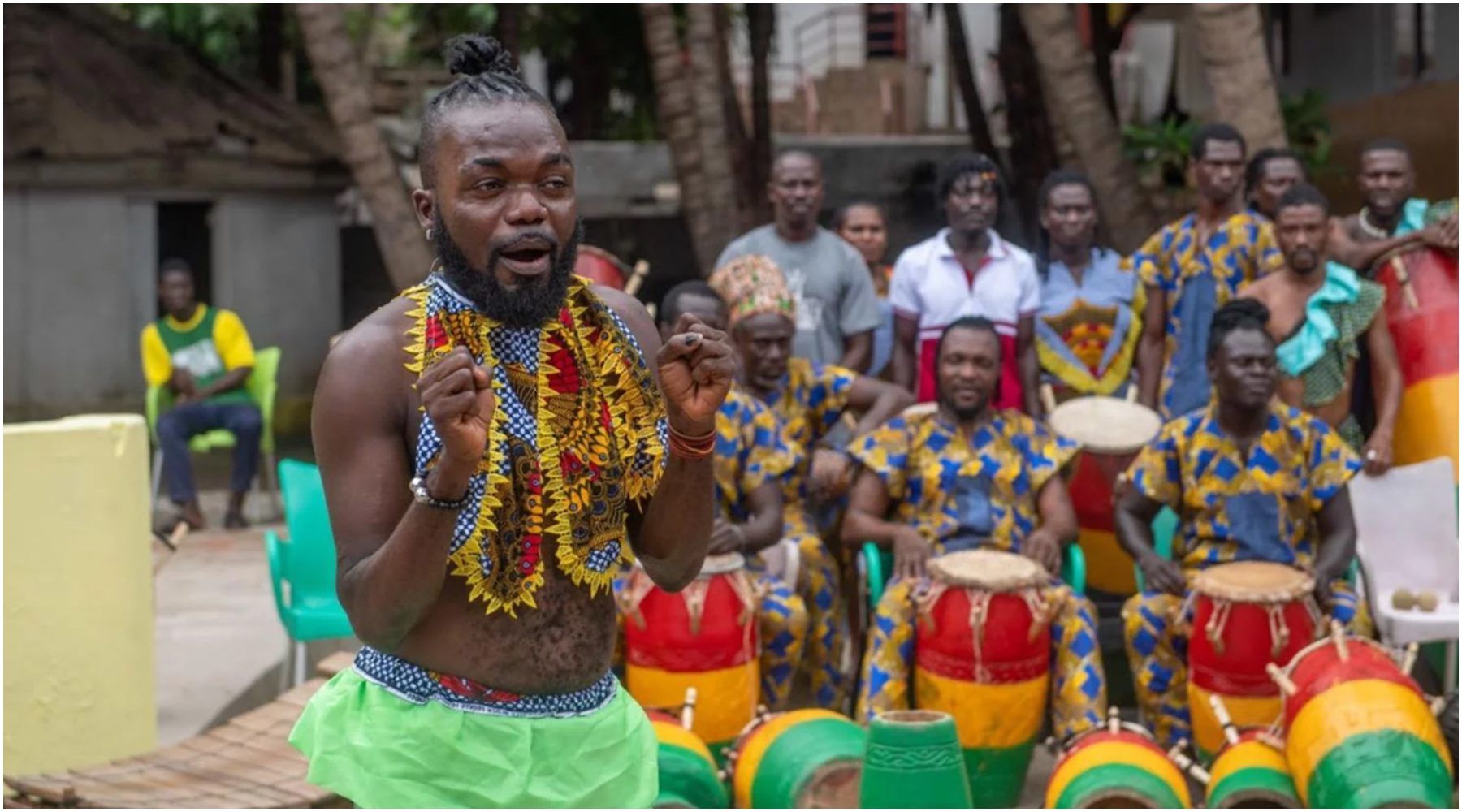





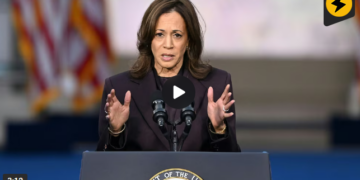



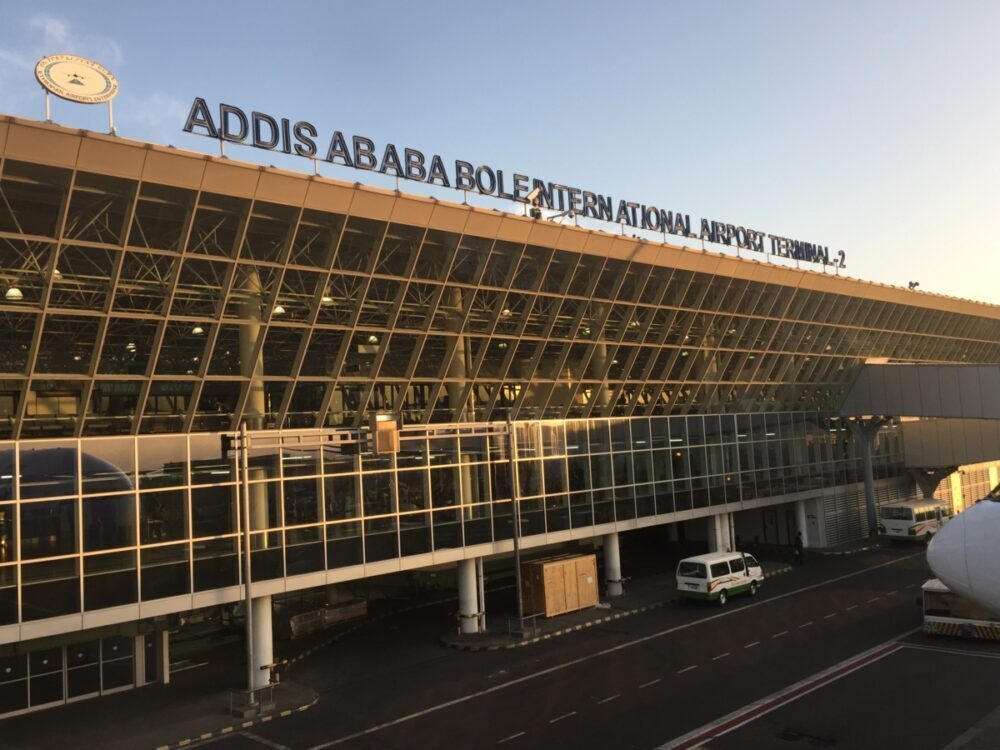















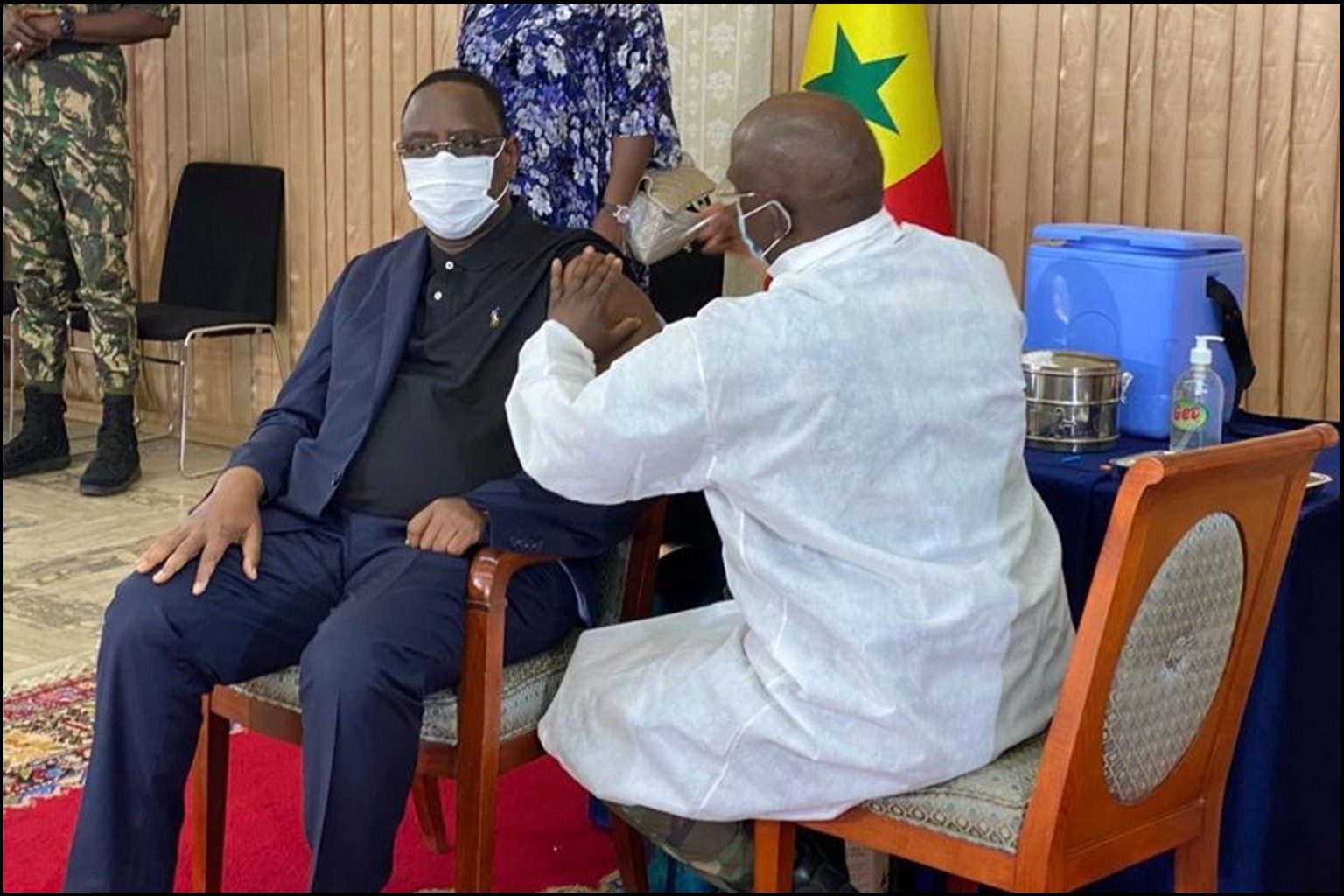
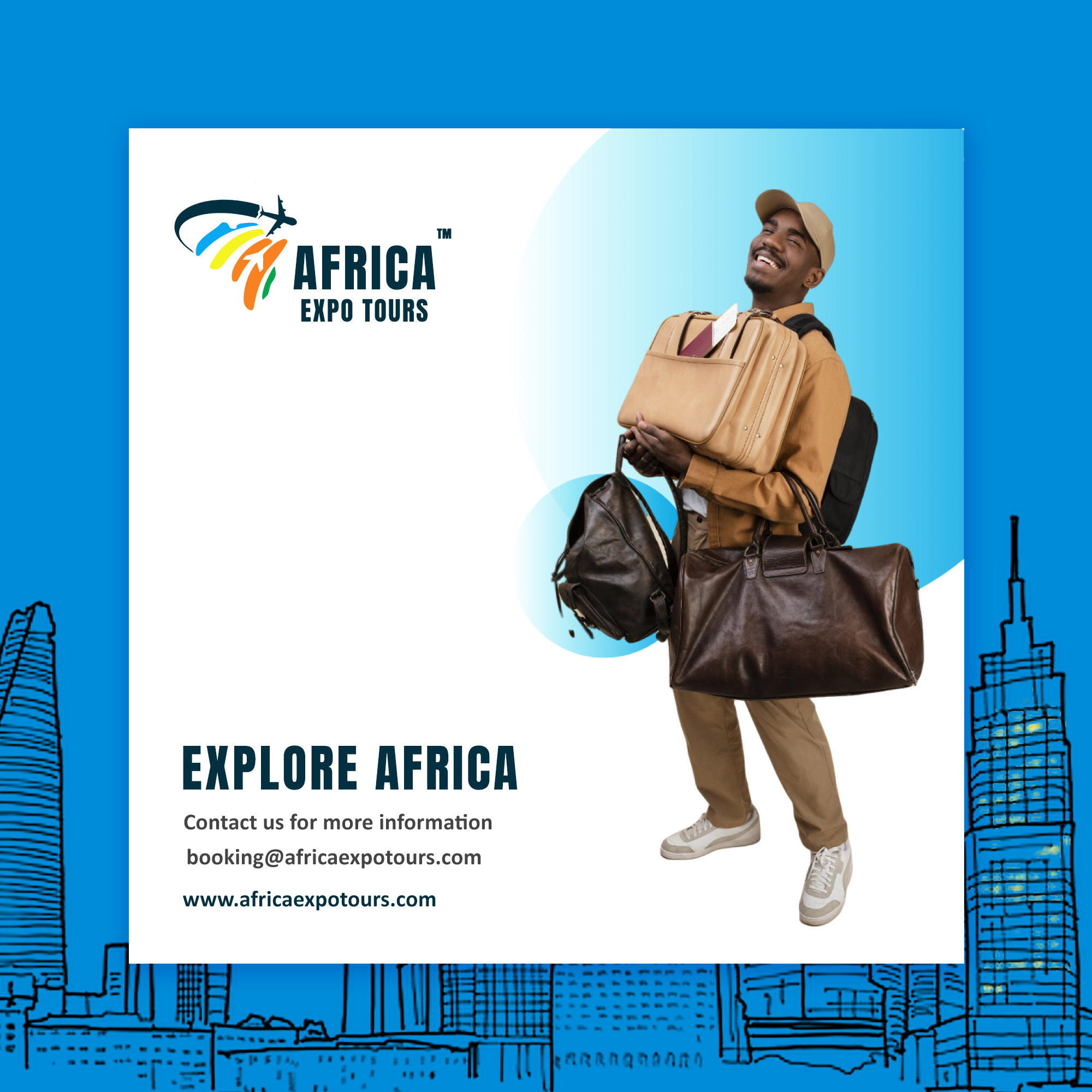













Discussion about this post